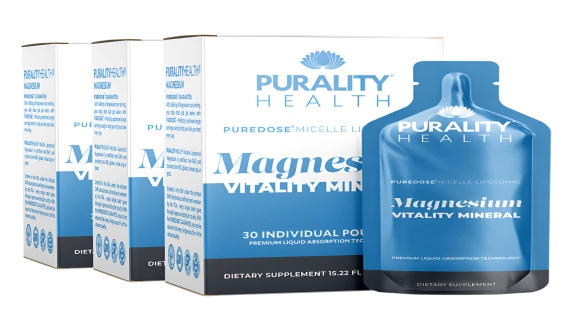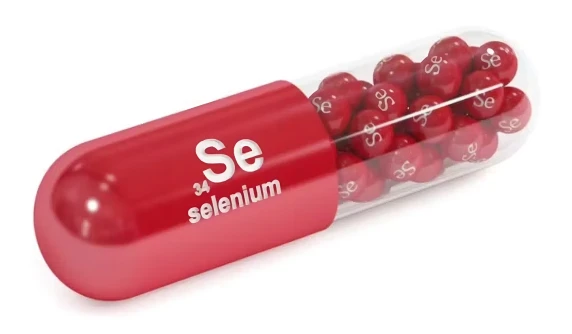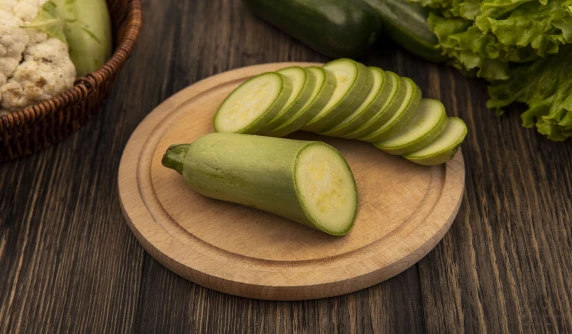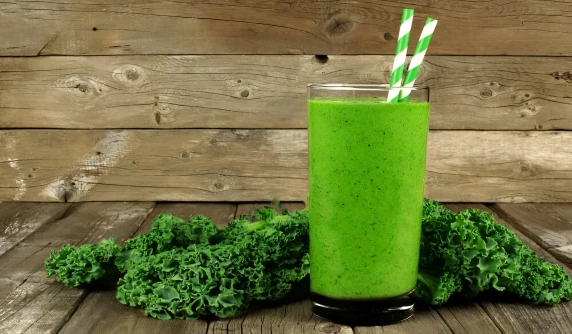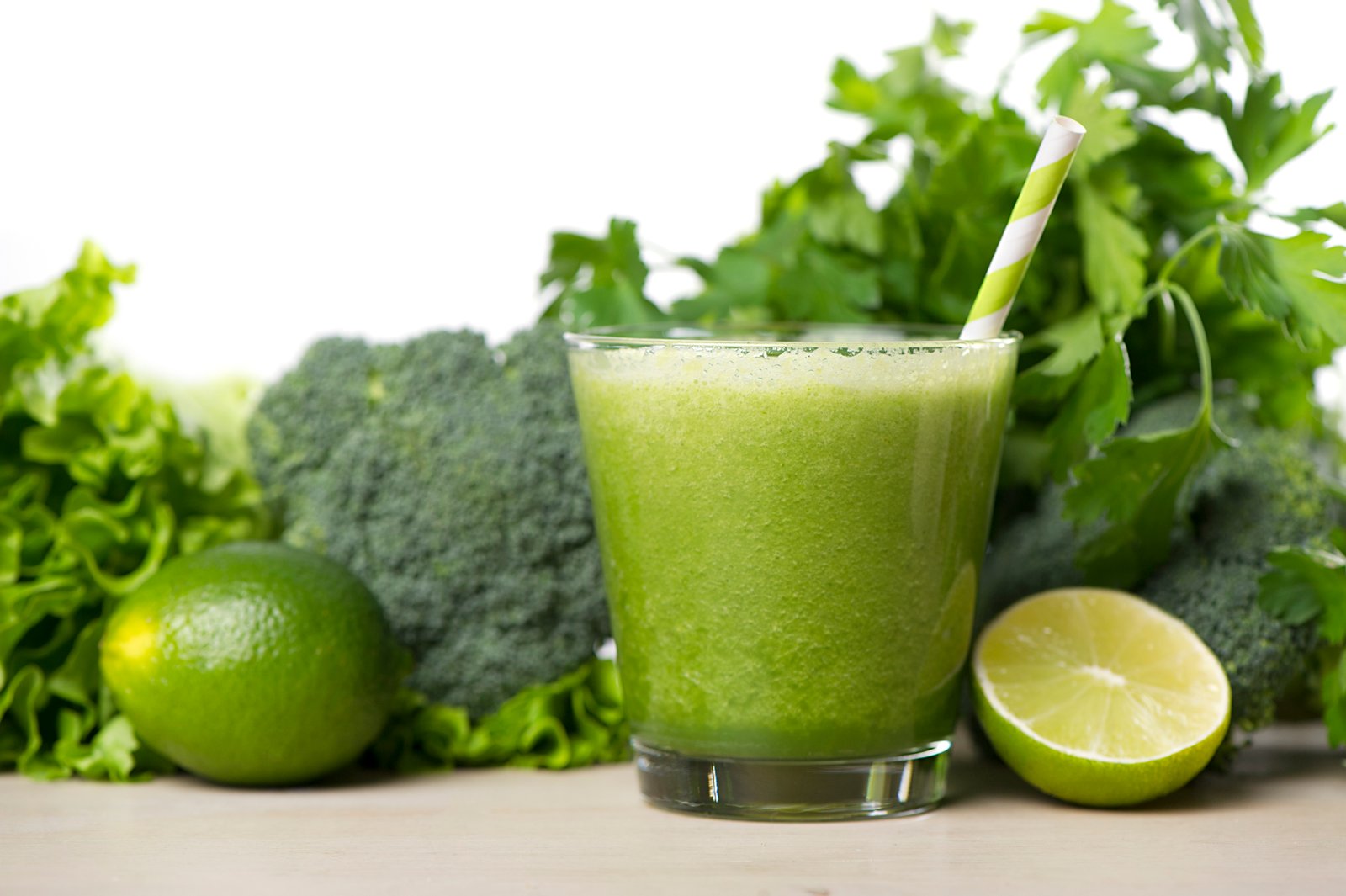
Hot dogs are a staple American food. We adore them, but let's be honest—they don't always have the best reputation. particularly with regards to those bothersome nitrates.
But hold on, how come celery juice is coming to the rescue? Is it a smart marketing gimmick or is it actually a healthier option?
I'm here to give you the facts on this entire celery juice nitrate vs. sodium nitrate controversy after doing some research. We deserve the complete truth and nothing but the truth when it comes to the things we put in our bodies.
So, shall we investigate this juicy mystery further?
Understanding Nitrates in Processed Meats
If you enjoy deli meats, bacon, or hot dogs, you've probably eaten nitrates without even realizing it. In the meat business, nitrates are frequently employed as a preservative to improve the flavor and color of processed meats.
However, what are nitrates precisely, and what effect do they have on our health?
Natural substances called nitrates can be found in a wide variety of meals, including veggies like celery, spinach, and beets.
On the other hand, nitrates are frequently added to processed meats in the form of sodium nitrate or sodium nitrite in order to stop hazardous bacteria from growing and to increase the product's shelf life.
The Role of Sodium Nitrate
Sodium nitrate has long been used by the meat industry as a curing agent to preserve meats like bacon, hot dogs, and deli meats.
Sodium nitrate aids in the inhibition of the growth of pathogenic bacteria such as Clostridium botulinum, which is responsible for the potentially lethal foodborne sickness known as botulism.
Sodium nitrate not only serves as a preservative but also imparts a distinctive pink hue and savory taste to cured meats. Bacon and hot dogs wouldn't look as good without nitrates.
Celery Juice as a Natural Alternative
Natural nitrate sources, such as celery juice, have become more and more popular in processed meats in recent years. Believing that "uncured" or "no nitrate added" products are healthier, many consumers are searching for them.
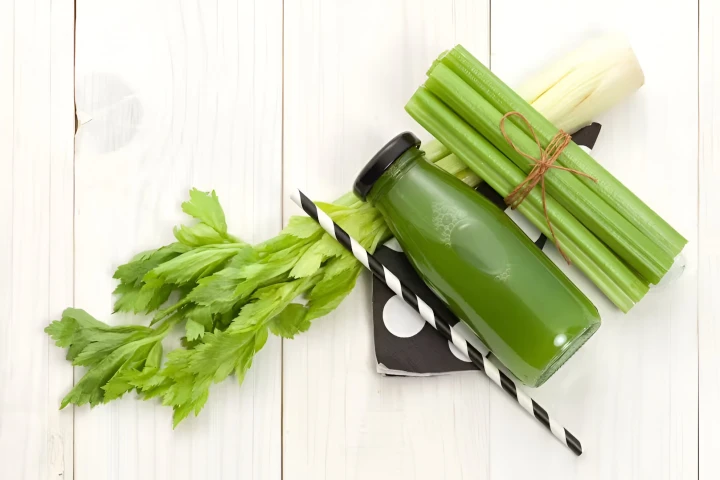
In these products, celery juice is frequently employed as a natural source of nitrates. Similar to manufactured nitrates, the nitrates in celery juice are transformed into nitrites during the curing process.
It's crucial to remember that celery juice is classified by the USDA as an antibacterial agent rather than a curing agent like sodium nitrate.
Health Implications of Nitrates in Your Diet
Nitrate consumption and its consequences on health have been the subject of discussion and investigation for a long time.
While nitrates by themselves are safe, when they come into contact with high body temperatures or acidic environments, they can transform into potentially hazardous substances known as nitrosamines.
Nitrosamines have been connected to a higher risk of colorectal cancer in particular. This has raised questions over the safety of eating processed meats that have been given nitrate additions.
Synthetic vs. Natural Nitrates
The claim that natural nitrates, like celery juice, are safer or healthier than synthetic nitrates is one of the main defenses for employing them. In actuality, though, our bodies handle nitrates identically no matter where they come from.
Our digestive tract changes nitrates—which come from celery juice or sodium nitrate—into nitrites when we eat them. Nitrosamines can be created when these nitrites combine with specific amine-containing molecules in meat.
Therefore, utilizing celery juice doesn't always equate to a healthier product, even though it may give consumers the impression that it is.
Actually, according to some research, nitrates from natural sources—like celery juice—may actually cause the synthesis of more nitrosamines than nitrates from manufactured sources.
The Carcinogenic Debate
There has been much discussion and investigation into the possible connection between nitrates and the risk of cancer.
The evidence is inconclusive, although some studies have revealed a link between eating processed beef and a higher risk of some malignancies.
The International Agency for Research on Cancer (IARC) of the World Health Organization designated processed beef as a Group 1 carcinogen in 2015, indicating a solid body of evidence connecting it to cancer.
The IARC did point out that the danger varies with quantity ingested and that occasionally consuming processed meats is unlikely to have a substantial effect on the risk of cancer.
It's also critical to remember that the IARC's classification was predicated on research that examined processed meats generally rather than nitrates in particular. There may be other contributing factors to the elevated risk of cancer, such as the high fat and salt content in processed meats.
Choosing Healthier Processed Meat Options
If you enjoy processed meats like hot dogs, bacon, or deli meats, you might be wondering how to choose healthier options.
You should always try to limit the amount of these foods you eat, but there are several things you can do to reduce the amount of potentially hazardous nitrates you are exposed to.
Organic vs. Non-Organic Celery Juice
It's important to think about the quality of the celery juice itself if you're choosing processed meats that use it as a natural supply of nitrates.
Pesticides and insecticides are frequently used extensively on non-organic celery, leaving residues on the produce.
Limiting your exposure to these potentially dangerous compounds can be achieved by selecting processed meats that contain organic celery juice. Because organic celery is grown without the use of artificial fertilizers or pesticides, it is a healthier choice.
The Organic Grass-Fed Controversy
Whether processed meats originate from organic, grass-fed animals is another thing to take into account. Many customers believe that meats that are grass-fed and organic are inherently healthier and nitrate-free.
This isn't always the case, though. There are still some organic, grass-fed meat products that get their nitrates from celery juice. Furthermore, as was previously indicated, these products might not always use organic celery juice.
This implies that the addition of non-organic celery juice may taint the product's overall organic quality, even if the meat is organic and grass-fed.
Recommendations for Consumers
What can you do, then, as a consumer, to choose processed meats in a healthier way? Here are some suggestions:
-
Regardless of whether processed meats contain natural or synthetic nitrates, keep your overall consumption of them to a minimum.
-
Select processed meats that employ natural nitrate sources (such as celery juice) rather than artificial ones.
-
Choose processed meats that use organic celery juice to reduce the amount of chemicals and pesticides that come into contact with your skin.
-
Make sure the brands you choose reflect your priorities and values if you're worried about celery juice being used in organic, grass-fed products.
-
Pick fresh, unprocessed meats over processed ones whenever you can.
You can reduce your intake of potentially hazardous nitrates and make better decisions about processed meat consumption by adhering to these recommendations.
Juicy Comparisons
Explore the controversy surrounding the sources of nitrates in hot dogs while providing clarification on their ingredients.
The comparison of sodium and celery juice nitrates has generated interest as customers' concerns about additives in processed meats grow.

The differences between these two sources of nitrate and their possible health effects are examined in this guide. It also reveals the common additives in hot dogs, which include taste enhancers, preservatives, and meat mixes.
People can choose wisely when it comes to consuming this popular food by knowing what goes into hot dogs and contrasting sources of nitrate.
In summary
So where does that leave us in the big dispute between sodium and celery juice nitrates? It's not nearly as cut-and-dry as some people would have you think, though.
Nitrates from celery juice are sometimes promoted as a "natural" substitute, although in actuality, they're not that far from synthetic ones.
In the end, consuming fewer processed meats is perhaps the best approach to reduce your nitrate exposure. But if you're like me and just can't get enough hot dogs sometimes, then going with the organic, uncured varieties is probably your best option.
Being an informed consumer is crucial. Don't just give in to slick marketing tricks. Make decisions that are consistent with your values and health goals by doing your homework and reading those labels. And never forget that occasional excess never did anyone any harm.
Just remember not to make it a regular habit.
Sources
FAQ: Nitrates in Hot Dogs - Celery Juice vs. Sodium Nitrate
What are nitrates, and why are they used in hot dogs?
Nitrates are naturally occurring substances found in many vegetables and are added to processed meats like hot dogs to prevent harmful bacteria growth, enhance color, and improve flavor.
What is the difference between sodium nitrate and celery juice nitrates?
Both are sources of nitrates, but sodium nitrate is a synthetic additive, while nitrates in celery juice come from a natural source.
Are celery juice nitrates healthier than sodium nitrate?
No, our bodies process nitrates similarly regardless of their origin. Both can potentially form nitrosamines, which are linked to health risks.
Do nitrates cause cancer?
There is evidence linking processed meat consumption to an increased risk of certain cancers. However, the exact role of nitrates in this remains under investigation.
How can I reduce my exposure to potentially harmful nitrates?
-
Limit overall processed meat consumption.
-
Choose products with natural nitrate sources like celery juice over those with sodium nitrate.
-
Opt for organic celery juice to minimize pesticide exposure.
What are some healthier processed meat options?
-
Look for brands that use organic, grass-fed meat and natural nitrate sources like organic celery juice.
-
Prioritize fresh, unprocessed meats whenever possible.
What should I consider when buying hot dogs?
-
Be aware of the ingredients and nitrate sources used.
-
Select companies that share your beliefs and health objectives.
Is celery juice a marketing gimmick?
While it offers a natural source of nitrates, it doesn't necessarily make processed meats significantly healthier.
What about the organic and grass-fed label?
Not all organic, grass-fed processed meats are nitrate-free. Some might still use celery juice, potentially non-organic, as the nitrate source.
Remember
Moderation is key. While enjoying the occasional hot dog is okay, limiting processed meat consumption and making informed choices about the ingredients are crucial for a healthier diet.
